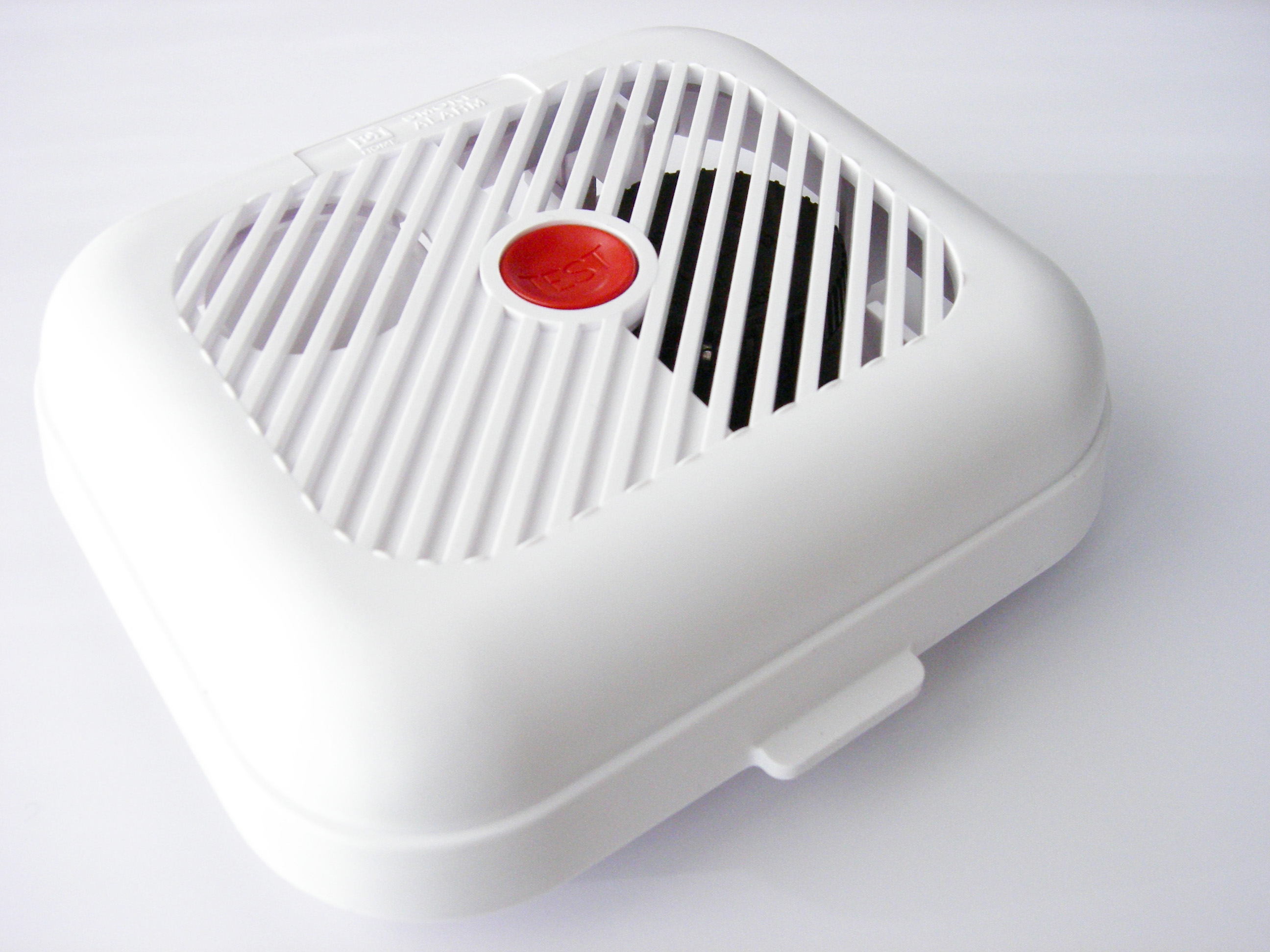Indoor Air Quality: Say NO to CO

By Joan Mcvoy
Say NO to CO this season.
According to the Centers for Disease Control and Prevention, there are more than 400 deaths and approximately 15,000 emergency room visits each year as a result of carbon monoxide (CO) poisoning. The highest percentage of carbon monoxide exposures occur during the months of November, December, January and February. The coldest temperatures of the winter have yet to arrive.
Carbon monoxide is a highly toxic gas produced when fuels burn incompletely. It has no color, taste or smell. Symptoms of carbon monoxide poisoning include sleepiness, headache, dizziness, blurred vision, vomiting, shortness of breath and convulsions. The first step in treating carbon monoxide poisoning is getting the victim to fresh air. Then seek medical attention immediately.
The Centers for Disease Control and Prevention ranked Nebraska as one of the states with the highest mortality rate from carbon monoxide. It is imperative that the citizens of Nebraska understand the dangers, the symptoms and how to prevent poisoning from carbon monoxide.
The Poison Center offers the following suggestions to help prevent carbon monoxide poisoning:
- Install carbon monoxide alarms on every level of your home.
- Inspect all fuel-burning equipment yearly.
- Vent fuel-burning heaters to the outside.
- Do not use a gas range or an oven for heating a room.
- Never use a charcoal or gas grill inside.
- Never leave a car running in an attached garage, even with the garage door open.
- Generators should be run a safe distance from the home – never next to a window, door or vent.
- Have vehicle muffler and tailpipes checked regularly.
Symptoms of carbon monoxide poisoning resemble those associated with other health conditions that are common among the elderly, especially in the winter. The carbon monoxide death rate is highest among people greater than 65 years of age.
Effective January 1, 2017, a new Nebraska State Law will require carbon monoxide alarms in all residences that are sold, rented or remodeled. The Nebraska Regional Poison Center encourages all residences to have a carbon monoxide alarm.
If you suspect carbon monoxide poisoning or have any questions, contact the Nebraska Regional Poison Center toll-free at 1-800-222-1222. Nurse Specialists are available 24/7 to assist you.
Does your car have a remote start? Make sure your keys are stored safely inside your home; out of the reach of children who may push buttons and not in purses or bags where they may be hit accidentally. Never use the remote start feature when the car is parked in the garage, even if the garage door is open.
